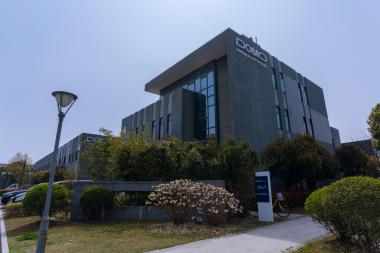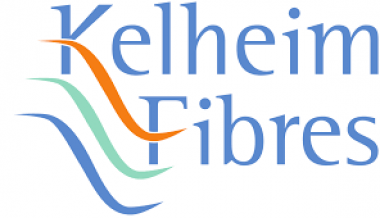Active Apparel Group Commits to Decarbonization Program
Manufacturer of activewear and swimwear, Active Apparel Group (AAG), has committed to a structured approach in reducing its environmental impact across its global operations through an Environmental Management System (EMS). The EMS, built using the ISO14001 Standard Framework, incorporates key environmental policy commitments and has set targets and strategies to reduce the carbon footprint of its operations across China, Australia and USA.
Through a third-party audit of its greenhouse gas emissions (GHGs), AAG has identified the following areas of focus to reduce impacts:
- Reduction in Scope 1 energy use
- Reduction in air freight
- Reduction in water usage across the business
- Ongoing collection and management of production waste
- Increased use of sustainable materials
- Continued collection of GHG data for ongoing improvement
AAG’s EMS is designed to be embedded within the operations of the business, with functional ownership of targets established and education of the team prioritized, to deliver results on reducing environmental impact. Quarterly reporting of its progress is communicated to stakeholders and reviewed by the company’s Board of Directors.
The EMS is part of AAG’s ongoing Responsible Business Strategy - a company-wide commitment to driving continuous improvement across the areas of Governance, Social and Environmental impact. Other initiatives include Living Wage Audit by Bureau Veritas (AAG pays 100% Living Wage); Materiality Assessment; Supply Chain Traceability Project; Circularity and Waste Management along with annual third-party audits - SMETA, Gold WRAP, Supplier Qualification Program and its Modern Slavery Statement.
Active Apparel Group











